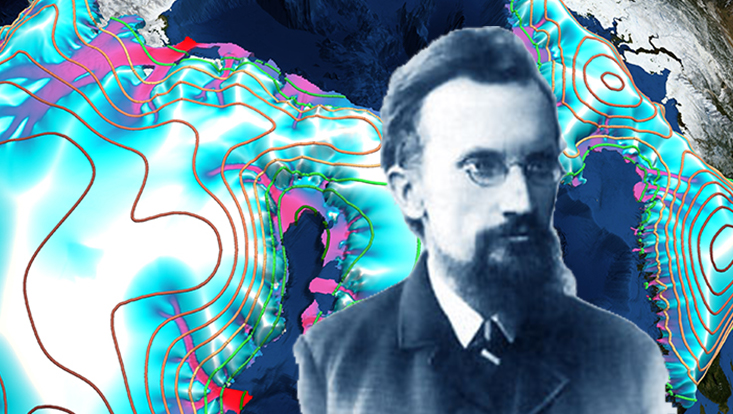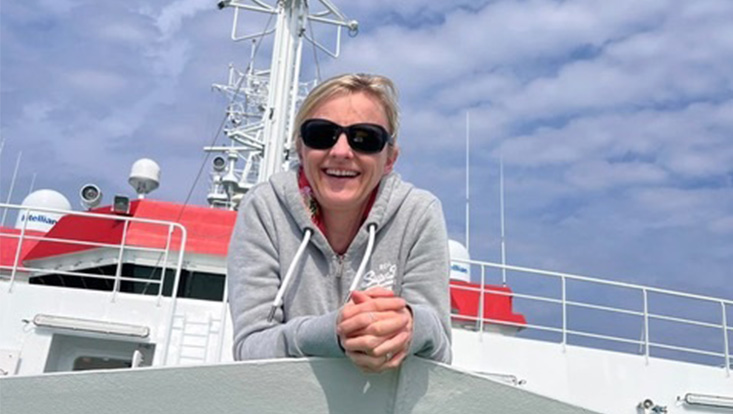Science and Politics in Crisis Mode
7 July 2020, by Prof. Dr. Simone Rödder

Photo: Gerd Altmann/pixabay
As the coronavirus pandemic continues, science is in demand. No political decisions are made without input from epidemiologists and virologists. Some people can’t believe their eyes. Why aren’t experts listened to when it comes to other topics? Despite the fact that climate researchers have been saying for decades that anthropogenic greenhouse gases have an impact on the lives and survival of humans and the environment, to date there hasn’t been any noticeable reduction in carbon dioxide emissions. Quite the opposite: in the past 25 years global emissions have increased significantly.
What does that tell us about the relationship between science and politics? As an expert on the sociology of science at Universität Hamburg’s Center for Earth System Research and Sustainability (CEN) I investigate questions like this. I’m particularly interested in the role that scientific information plays in political decisions and public debate.
I do so with the help of a sociological model that divides society into different sectors according to their functions. One sector is politics, which has the task of making concrete decisions on behalf of the community. The mass media and public opinion provide a shared background reality in view of the community members’ differentiated social standings. And lastly, the research community provides new information and is acknowledged as the supplier of facts in today’s world. This is true even though, when it comes to new or semi-political topics, researchers’ knowledge is uncertain, and as in the case of corona, there are continued, heated discussions among researchers concerning the current state of affairs.

All of these sectors are mutually dependent. Put simply, without money from business there wouldn’t be any science or politics; without political decisions there would be no business or science; and without events in all areas of society, there would be no news for the media to report on. Added to that are the differences within the sectors: neither the business world nor the research community speaks with a single voice. Opinions differ, even within disciplines and business sectors.
But what does that mean for climate protection measures like reducing CO2? This could be achieved by expanding the use of renewable energy. Photovoltaic-system manufactures would probably welcome the move, while mining companies would of course oppose it. Physicists and geologists may favor the construction of wind turbines, dams and photovoltaic systems, but biologists warn of their negative impacts on the environment, while social scientists highlight the potential job losses. And some physicists question whether reductions in CO2 might not be more easily achieved by reverting to nuclear power.
Simone Rödder
Prof. Simone Rödder is an expert on the sociology of medicine who investigates the role that science plays in political decisions.
Newspaper: This article was first published as a guest article in the Hamburger Abendblatt as part of a monthly series on climate research. Find all articles of the series here.


